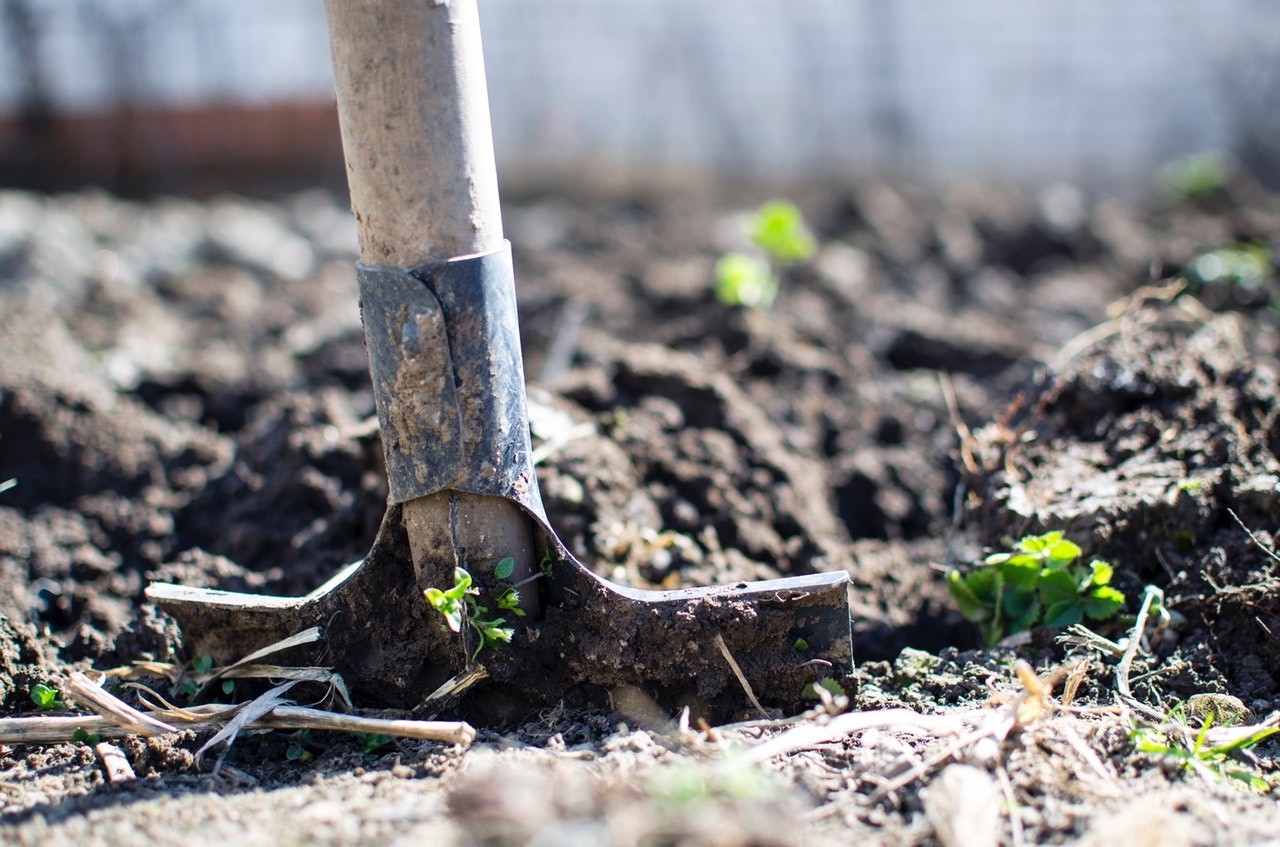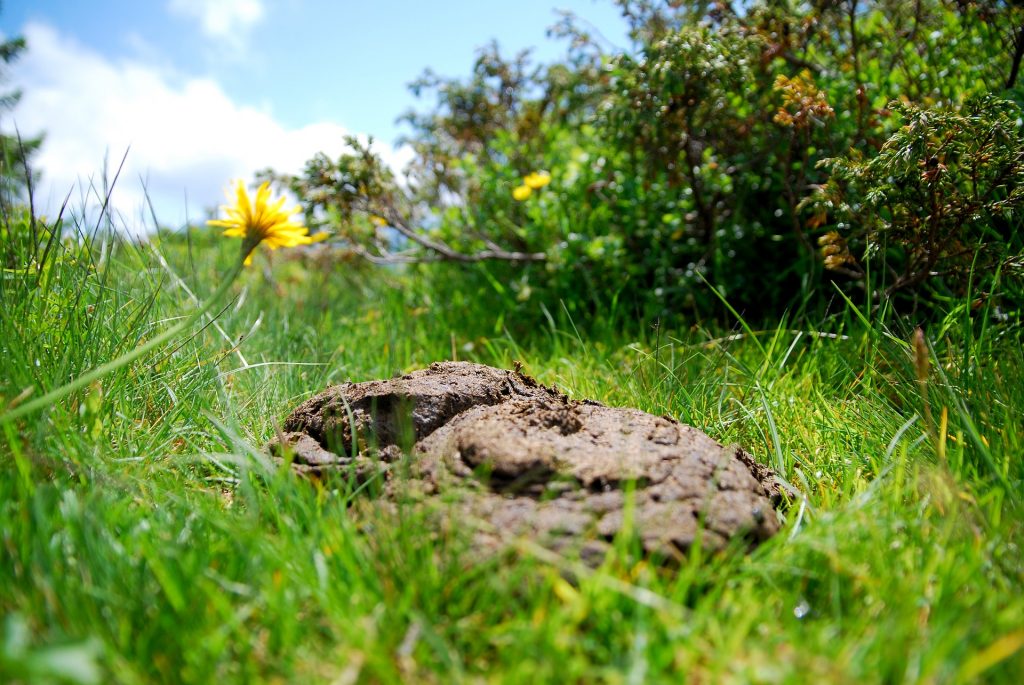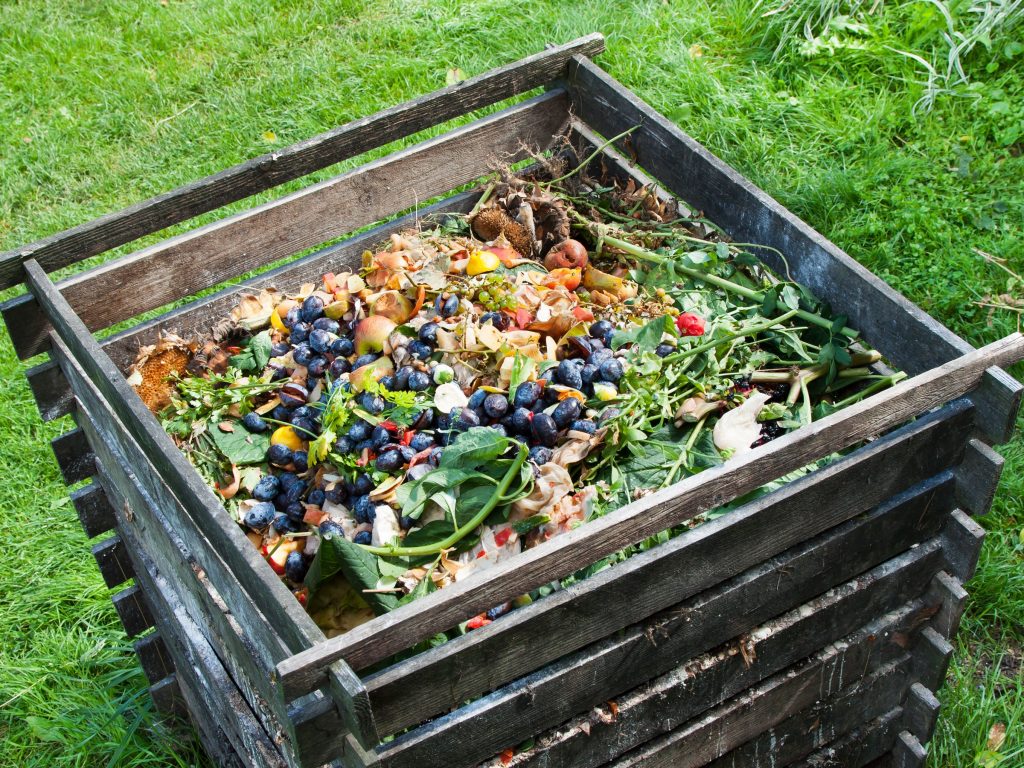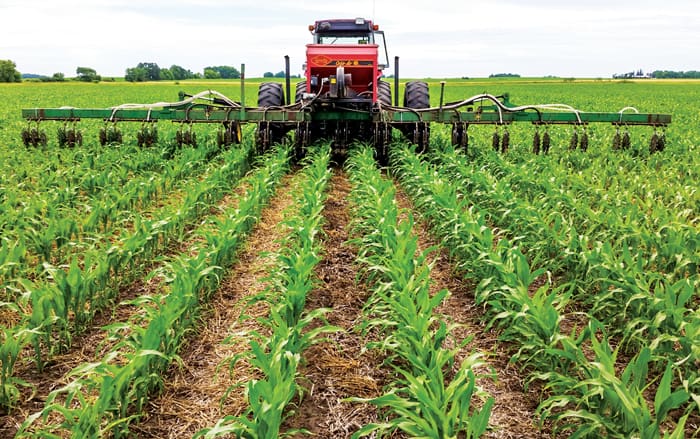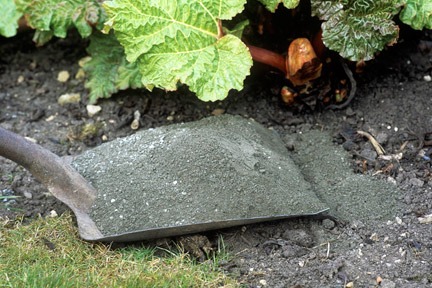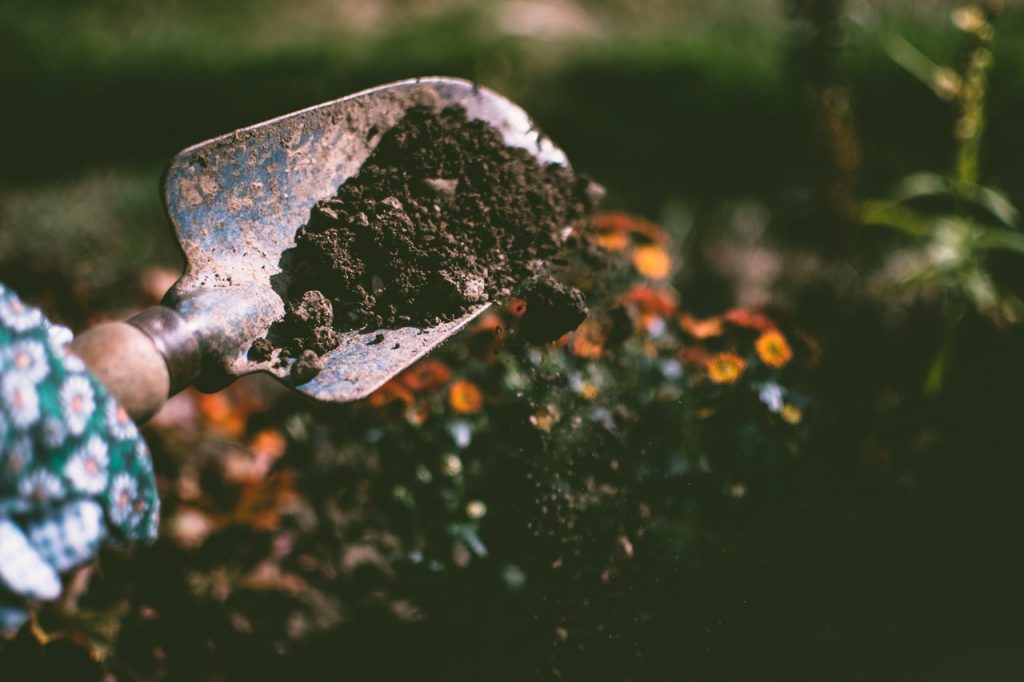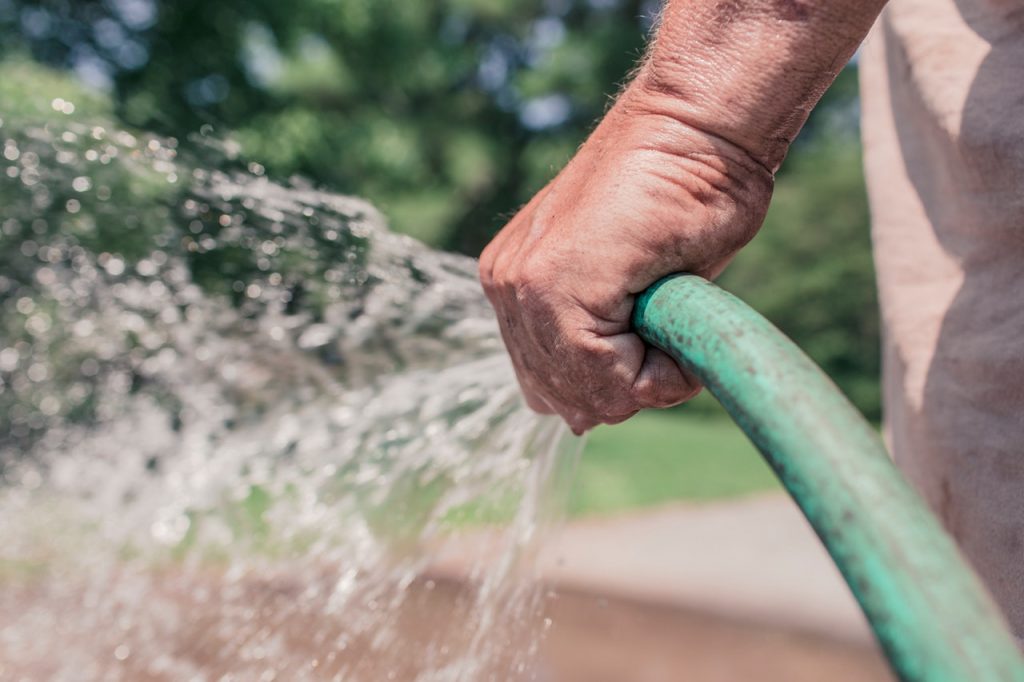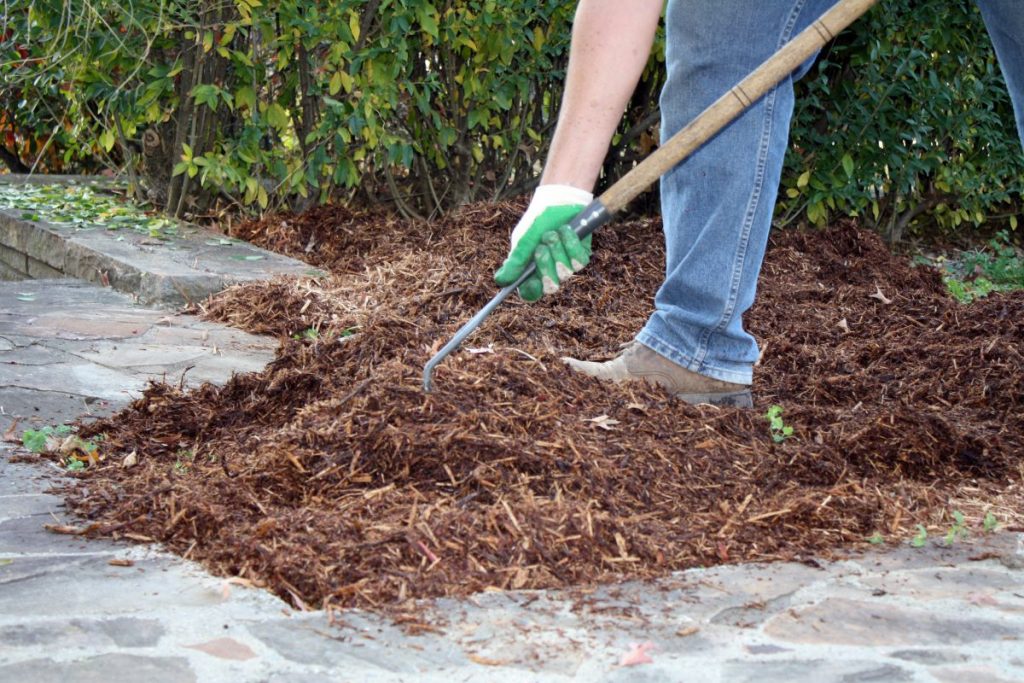If you are a gardener and love being surrounded by greenery, you probably might understand the pain of not having good garden soil.
While some gardens consist of perfect soil, most are less than ideal. Therefore, after several years of planting, even the best soil becomes innutritious.
You would say starting to build a new garden isn’t difficult. Most people begin by going out into their yards with a shovel or garden tiller, digging up the dirt and putting in a few plants.
However, in the long run, the success of your garden and plants totally depends on how healthy you make your garden soil.
The more you can do to keep your soil health, the more productive your garden will be and the more healthy plants it will produce.
While there are many ways to improve soil quality for the purpose of growing, we bring you some of the most essential methods to improve your garden soil.
Add Manures for Nitrogen in Your Garden Soil
All livestock manures can be valuable additions to soil. In fact, their nutrients are readily available to soil organisms and plants.
Livestock manures are great contributor to soil aggregation than composts, which have mostly decomposed.
Cow, chicken, rabbit horse and sheep manure contains a variety of other nutrients like phosphorous and potassium from herbivorous animal waste.
In addition, this type of fertilizers must be steam treated to kill harmful bacteria and aged properly by allowing it to dry completely.
Try Composting
Composting is a means of recycling almost any organic waste. Compost will boost your soil’s nutrients and improve its overall quality.
It helps in reducing the bulk of organic materials, and stabilizes their more volatile and soluble nutrients.
These organic materials comprises decomposed matter such as vegetable peels, fruit waste, coffee and tea grounds.
In general, composting will help to improve the soil structure, attract beneficial soil organisms, and make nutrients more bioavailable for your crops.
In addition, putting some earthworms will assist the other microorganisms by aerating the soil and supplying valuable oxygen.
Cover Crops
In agriculture terms, cover crops are also known as green manure which are made up of plants plowed under and insulated back into the soil.
If you don’t prefer manure or compost, cover crops can be a great option for you to improve your garden soil.
Green manure or cover crops is a common practice in organic gardening to improve its structure and fertility.
Wood Ash Give Boost to Garden Soil
Leftover wood ash from your fireplace or wood stove can boost your garden soil quickly and in effective manner.
However, not many people know about using wood ash as a fertilizer. Wood ash provides important micronutrients and helps absorb toxins within the soil.
As you know ash is made up of small percentages of potassium, lime, phosphorus, magnesium, aluminum, and sodium.
Therefore, these elements in wood ash, often referred to as a low-grade fertilizer, works very well in combination.
In addition, wood ashes also improve acidic soil by raising the pH level and help your garden soil be fertile.
Mineral Fertilizers for your Garden Soil
If you are considering using mineral fertilizers for soil, shell meal fertilizer is a good option for you.
It consists of crushed bones and shells from crabs and a variety of shellfish and is a good source of calcium, phosphorus, and trace minerals.
Similarly, another mineral called rock phosphate is also useful for your garden soil.
Although, it is a slow release fertilizer, it contains phosphorus, line, calcium, and trace elements good for your soil.
Lastly, iron potassium silicate, known as greensand is another mineral fertilizer found in shallow sea beds that consists of marine deposits.
It is one of the popular organic fertilizer that helps soil to retain water and improve plants health.
Try Tilling Method in Garden Soil
Tilling is an agricultural method that uses mechanical means to quickly loosen and ventilate soil in preparation for planting.
Although, large farms uses tilting, a tiller is simply a quick fix in small gardens and micro-farms.
For instance, tilling can encourage the soil to blow away in the wind and wash in the rain.
Earthworms and fungi exude sticky substances as they build tunnels and networks through the soil.
These sticky substances are nature’s way of holding soil together so it doesn’t wash or blow away.
Therefore, tilting helps to create a ventilator for the soil to grow crops quickly and get fertile.
Mulch for Garden Soil
Mulching protects healthy soil by retaining moisture and nutrients. It saves time by reducing the need for weeding, watering, and fertilizing.
However, the practice of mulching will be different depending on the climate. For instance, heavier mulches will be beneficial in hot and dry climate.
While, lighter mulches will be more appropriate in cool, rainy climates where soli benefits more from the warmth of the sun.
Heavy mulch in the off season will provide protection against the elements for beneficial soil organisms and reduce soil erosion during heavy rain.
For more, keep following Wikye.com






